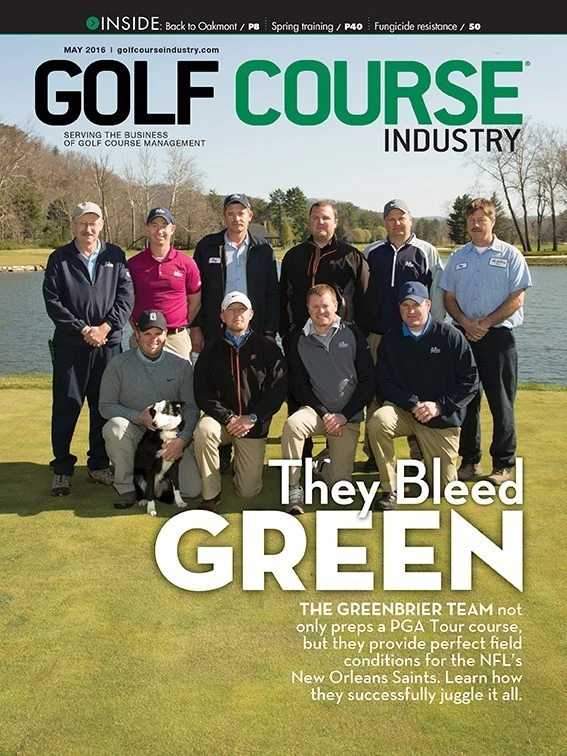We use the phrase “crossing the Rubicon” to mean passing a point of no return, which is what Julius Caesar did in 49 BC, when he marched his army through the shallow river in northeastern Italy toward Rome. “Aalea iacta est,” Caesar said – the die is cast – meaning there would be no turning back or second guessing the decision.
Leaders are faced with important decisions every day. They may not all be as pivotal as Caesar’s, but at times they are irreversible. When wrestling with an important decision, our experience shows the importance of these five guiding principles.
1. Do your homework. There is no substitute for thorough research. Club leadership is populated by those who often prefer to trust their instincts in favor of understanding market trends and best management practices. Many live to regret those hastily made decisions.
Due diligence involves understanding the factors that influence consumers to decide to become a member of a private club or even to pay a greens fee at a particular course. Market knowledge provides the insights to decisions effecting marketing, pricing and service issues.
2. Establish incremental trials. Test an idea before going “all-in” on changes that cannot be easily reversed. Every well-trained turf researcher knows the value of test plots – those small squares where variables in conditions, practices and applications are tried and monitored.
Make decisions that can be validated in a progressive and measurable manner. Incremental validation enables club leaders to develop organized feedback from members and customers through surveys, focus groups and one-on-one interviews.
3. Execute cost / benefit analyses. Is it worth it to make the choices being considered? What are the economic possibilities and ramifications? Two tools that are often left in the decision-making shed are SWOT (strengths, weaknesses, opportunities and threats) and SOAR (strengths, opportunities, aspirations and results) analyses. These tools are often under-utilized because they require time and focus. But those who shoot first and ask questions later often find themselves shooting a hole in their foot.
Economic analysis is a fiduciary duty among disciplined professionals. One is expected to make thoroughly analyzed decisions.
4. Ask the question: “Is this the right thing to do?” Avoid making decisions that are expedient and inconsistent with vision and strategy. It’s relatively easy to make decisions that involve low risk. Making good decisions when the stakes are high is the stuff of great leadership.
In golf, doing the right thing and doing it right separates top performers. Remember the advice of Jim James at Augusta National Golf Club: “We look at every single day as an opportunity to improve. When we find we are not the best, we are relentless and incredibly focused to make sure that we improve.”
5. Plan for “Plan B”. Always have a back-up plan to protect the club’s reputation and its brand. Suspect leadership is revealed immediately upon the discovery that one has made the wrong decision. Understand that all plans are made up of both constants and variables, and that sometimes the variables work against you. In such cases, be prepared with options.
Remember that General Dwight Eisenhower kept a hand-written note in his pocket throughout the D-Day invasion … just in case. The note simply stated that the soldiers, sailors and airmen had performed their duties to the fullest that could be expected and that any blame for failure was his responsibility and his alone.
After the decision has been made, communicate it to members and customers. The most common complaint by club members is about communications. These days, a part of thorough decision-making is effective communication of the decision and decision-making process. Such communication must be clear, redundant and issued through multiple channels.
Understand that some decisions go wrong. Even some of the ones that were well researched, tested and conscientiously made. Leaders own their decisions — even the ones that go awry — and they soldier onward.

Explore the May 2016 Issue
Check out more from this issue and find your next story to read.
Latest from Golf Course Industry
- From the publisher’s pen: Conscientious of a bigger role
- Bernhard and Company partners with Laguna Golf Phuket
- Terre Blanche showcases environmental stewardship
- VIDEO: Introducing our December issue
- Bernhard and Company introduces Soil Scout
- Nu-Pipe donates to GCSAA Foundation’s Centennial Campaign
- GCSAA enhances golf course BMP tool
- Melrose leadership programs sending 18 to 2026 GCSAA Conference and Trade Show





